The Backlog # 1: Death and Taxes
The first issue of this series is about a charming little game that makes you play the role of the Grim Reaper as an office worker.

To start this series of game reviews, I picked a game that a friend of the site gifted me. I added it to my Steam wishlist out of curiosity, but never enough to move it to my game library. Death and Taxes is a game released in 2020 by an Estonian indie studio named Placeholder Gameworks. Before it, the studio only had a few free games under their belt, with Death and Taxes being their first commercial game. That's the main reason this game is a concise piece of work, and if you consider total hours of gameplay an indicator of a game's quality, you might find Death and Taxes too light and casual. But if you want a solid artistic concept and narrative design, it may be the ideal type of game for you. It is the intention of this review to help you find your own choice. Not unlike what the game itself does.
Memento mori is a concept that can be traced back long before its original record in the ancient Roman Empire culture. The awareness and acceptance of our own mortality has probably been part of our consciousness since we developed our humanity. Numerous traditions and thought currents have had precepts that speak of our impermanence and the banality of our material attachments, and consider it a tool for finding peace, maturity, and self-fulfillment. Modernity has made us forget these traditions a bit, by making death a socially depressing and negative subject, difficult to address with our current sensibilities.
Mexican culture today is somewhat contrary to this modernity. The traditional Day of the Dead holiday celebrates our dead relatives' memory with a colorful, cheerful disposition, a mood that's a sharp contrast to other mournful traditions. This is perhaps why Death and Taxes has resonated so much with me as a thoughtful experience, despite being a game with simple mechanics. It's very reminiscent of games like the Reigns series, but with its brilliant narrative and dark humor, it transcends that simple game concept.
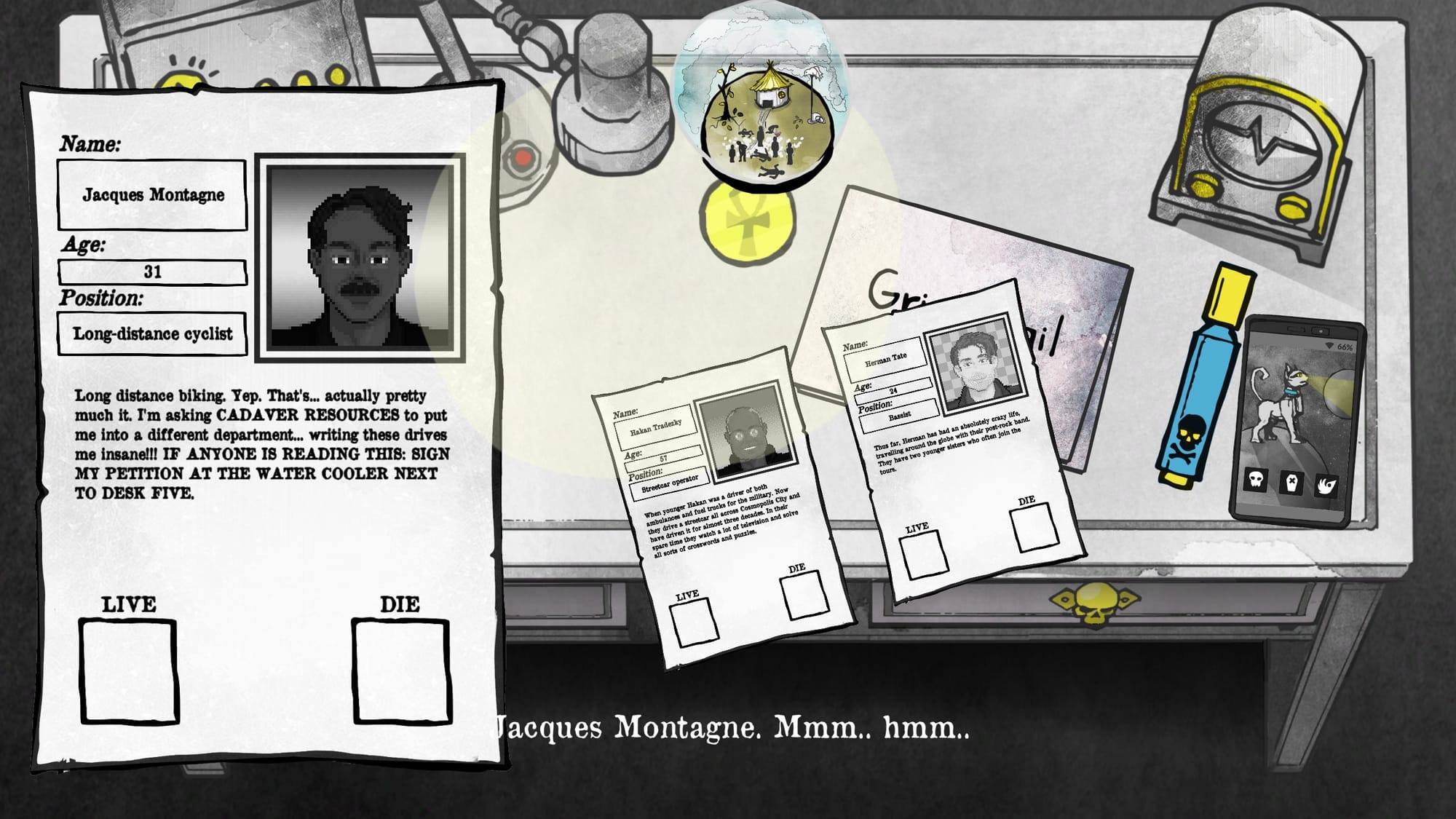
Its premise is simple enough: Fate, a character who is the apparent architect of this universe, has created us, from mundane ingredients, as a Grim Reaper who is little more than an annihilation drone. Reflecting the life of an ordinary office worker, our tasks are simple and bureaucratic: We just need to carefully and blindly follow our boss' instructions, and decide who lives and who dies among a stack of files. The consequences of our decisions allegedly keep the world order, perhaps the entire universe, so we better fall in line.
The game is certainly not hard to understand, neither the main plot is too unpredictable. However, there is a diverse cast of secondary characters, among them the usual archetypes of the merchant, the friendly tavern keeper, multiple co-workers, and the occasional supernatural surprise. Our interactions with them provide a great deal of the game's near-perfect tone and humor, being a big plus for the game and its replayability. But the player's freedom of action, or even inaction, is what gives the overall experience big originality points. You can decide to be an agent of order or chaos, or maybe send your responsibilities packing and not participate in anything, but will never escape the consequences. As the cliched saying that gives this game its title goes: We can escape many things, but death and taxes are inevitable. In this story, the consequences are the taxation. Without a doubt, you can find the narrative extremely linear and repetitive if you decide to go into New Game+ playthroughs, but it's the player's different choices that open the way to the different possible endings. Endings that mirror those of our own world, again, an unsubtle reference to how our actual decisions can affect it.
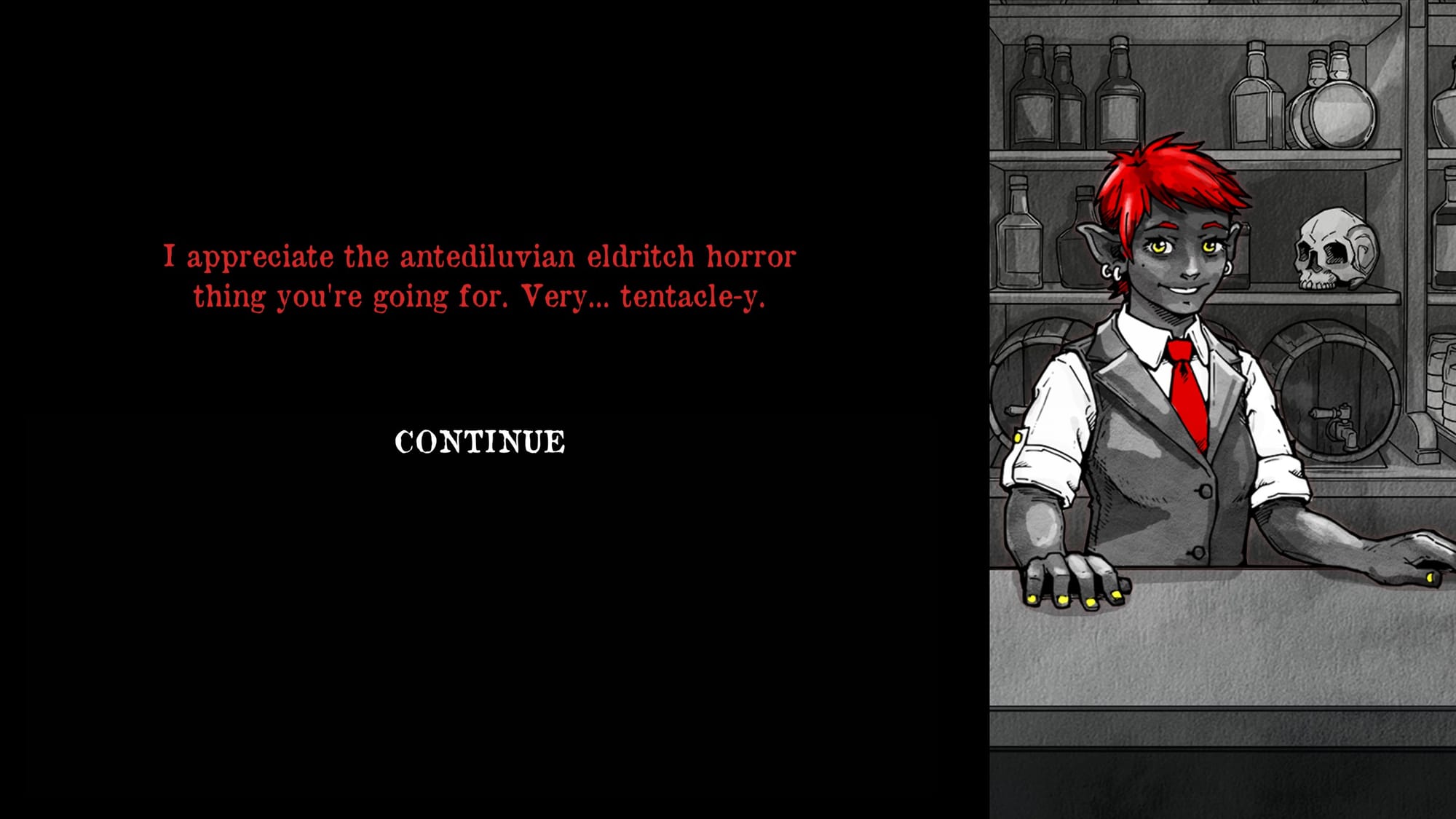
Although, as previously said, the game doesn't pretend to be a great tool to explore our conscience, it does provide several opportunities for reflection on these issues if we allow it to do so. The rewards of playing Death and Taxes are directly proportional to the value we place on our actions within the game. A mirror's faithful reflection is sometimes all we need to find a guide for our actions. And the flattest and smoothest surfaces, such as the simplest narrative fables, are the ones that can provide the most faithful reflection without needing to be too profound.
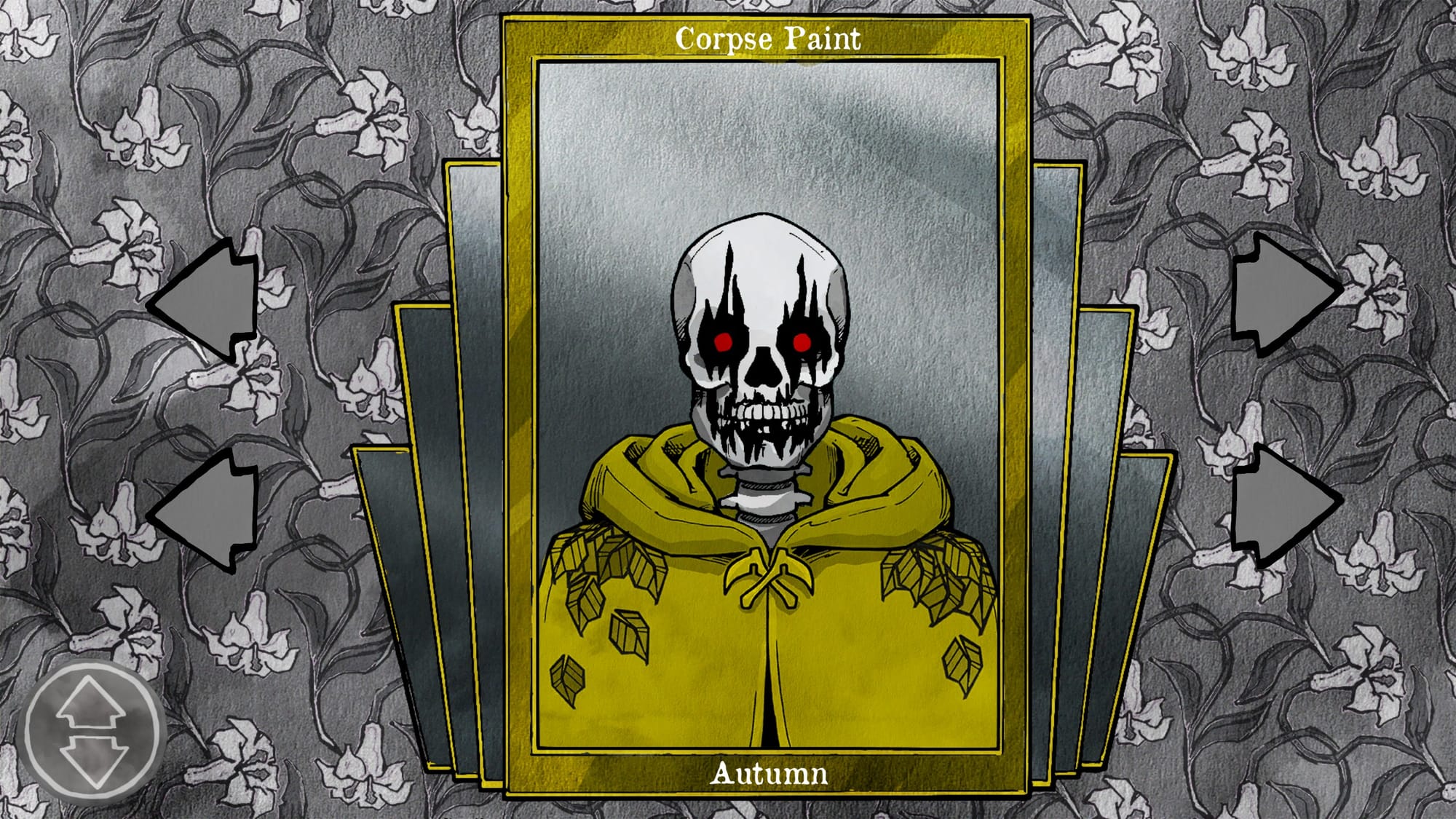
At the end of it all (but never as final as death of course), Death and Taxes is an interesting and entertaining exercise in reflection on morality and death. Few games, even with multiple times its budget, can boast of making such an entertaining modern example of the memento mori trope with as much creativity, skill, and charm. It's a great example of how tight economics are often the greatest creativity driver. If you, like me, have been hesitant to include it in your game library, I hope this review has helped you to come to a decision one way or the other. Also if you're hesitating because of some odd Steam reviews, let me assure you, dear American-centric reader, that the use of "They" as a neutral pronoun in the game is not a political statement. It is just a holdover from the original translation, as English doesn't have a proper neutral pronoun as the game creators' original language. For the mobile gamers, the game is rated as Platinum (runs perfectly out-of the-box) for the Steam Deck, and there's also a Nintendo Switch version available, linked below. I can only state that for me, it is worth the full price of admission and I will not hesitate to try a new game from this studio, as soon as I've made more progress in The Backlog 😅.
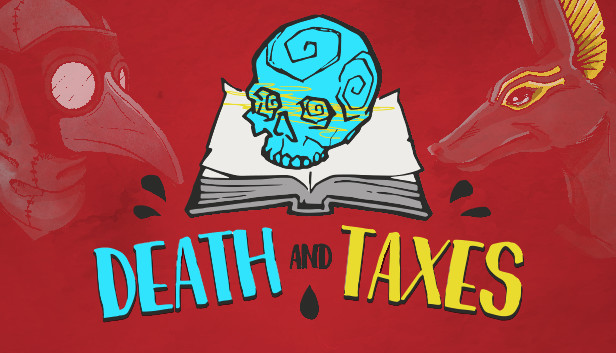
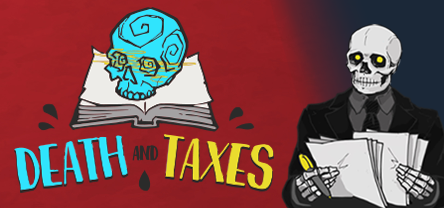
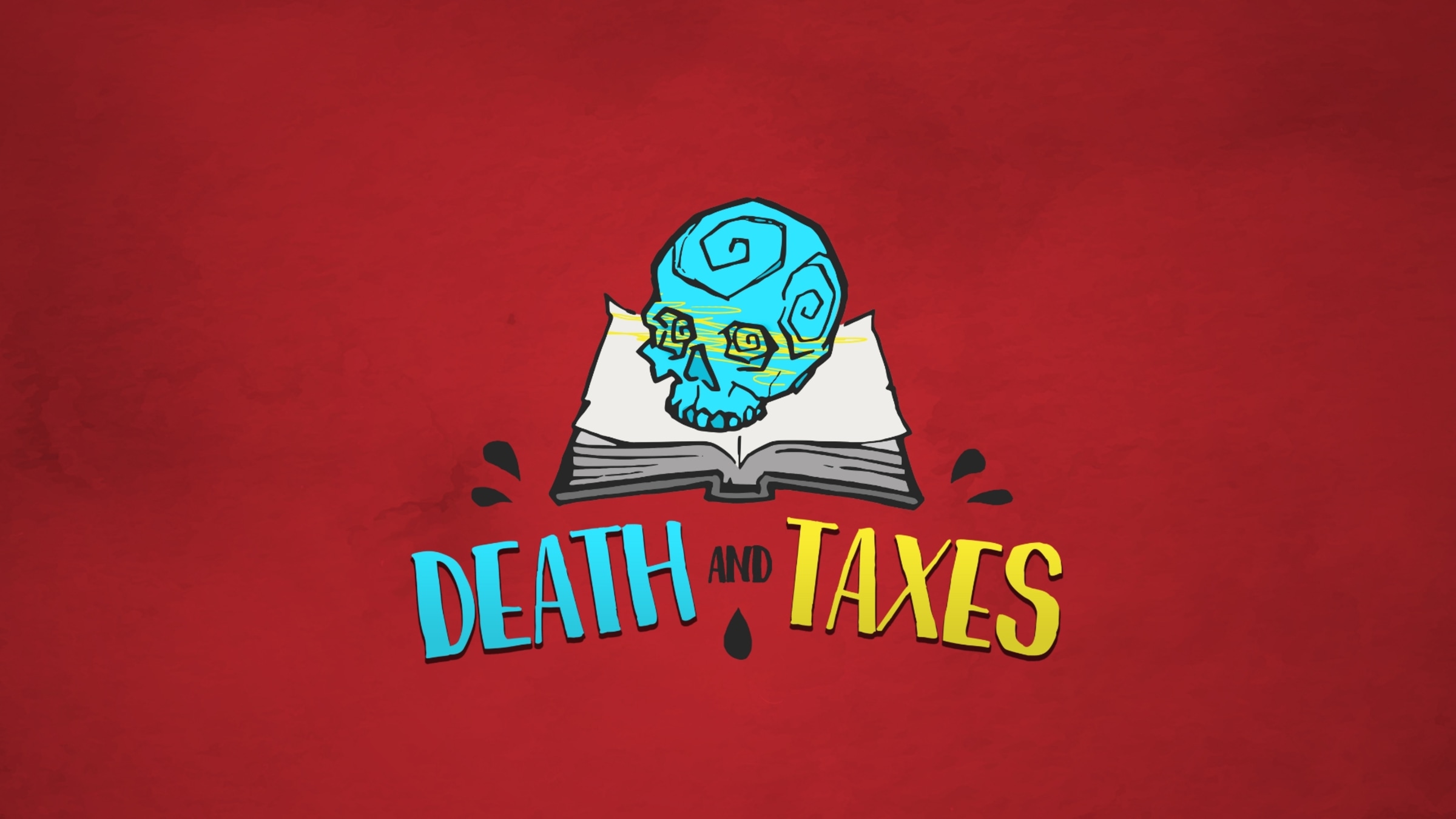
If you liked this review, you can support us by freely sharing it on your socials. You can also subscribe to the site for free and receive a non-spammy weekly newsletter with our best features. You can also come to our Discord server and share your feedback with us!

